Results HS20
Jonas Kissling
RIVER ACTING
River Acting is a site-specific engagement, which can bring locals in Ilanz closer to the dynamical river, the river sediment and its manipulation. An artistic but at the same time an infrastructural intervention for preventing future flood damages.
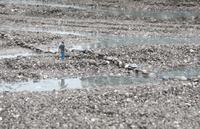
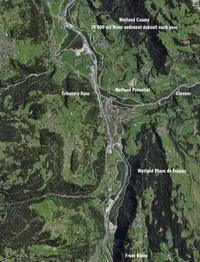
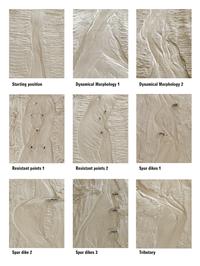
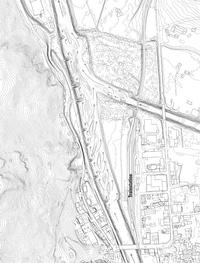
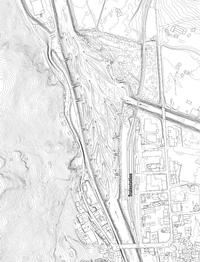
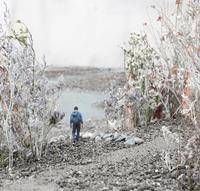
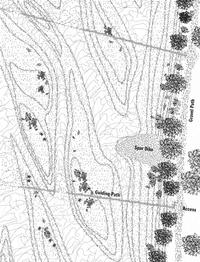
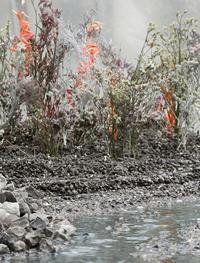
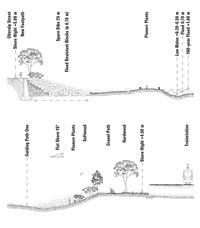
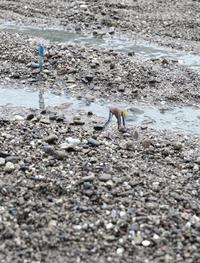
This page was last updated on